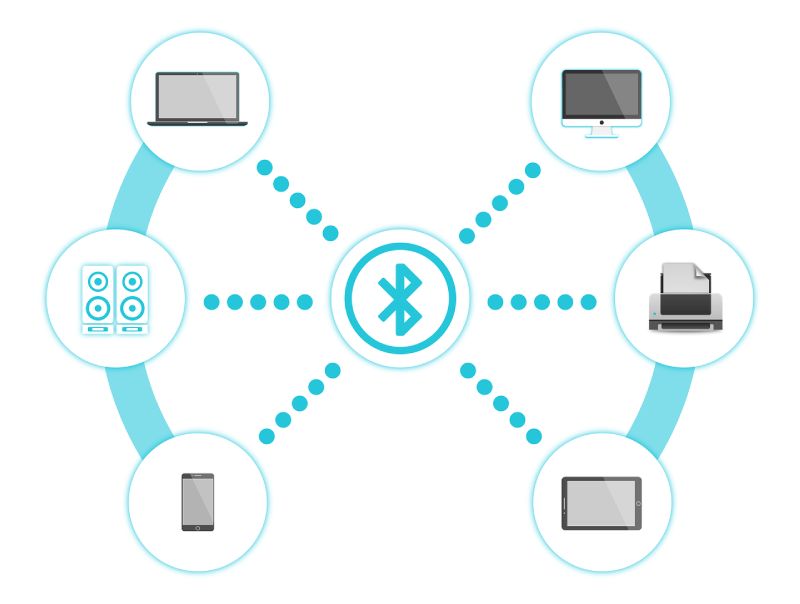Many businesses use cloud storage security to safeguard their applications and data in the cloud. Switching to a cloud-based solution is essential for organizational security since it reduces wait times, enables quick deployment, and boosts productivity. It simplifies data access from anywhere and anytime over the internet by enabling data management and storage.
Although there are many benefits to cloud computing and data storage, it is essential to remember that every invention has drawbacks. The disadvantage in this situation is a loss of ownership, control, and security. This manual offers a step-by-step process for safeguarding your data on the cloud.
Table of Contents
What Is Data Protection in the Cloud?
A group of methods known together as cloud data protection protects data in a cloud network. Cloud protection applies to all types of data under any kind of administration or protection, whether domestically or through external parties. Policies governing cloud data security have developed into a tool that helps enterprises increase the amount of data they store in the cloud.
Consider the following factors while configuring cloud data protection:
- Storage — Organisations must rely on providers to manage the security of data centers, networks, and physical structures because the vendor has complete authority over the cloud network.
- Privacy — Encryption and governing permissions to limit readability are critical components of data protection that ensure privacy and confidentiality. Security measures such as encryption keys and admin passwords are required to uphold these constraints continuously.
- Locality — Data rules are based on locality, which refers to the data’s purposeful gathering and use location. However, controlling and gaining access to a distributed system is challenging. Therefore, it is essential to design the designs so that the data placement is always apparent.
- Authenticity – A typical cloud storage platform has a built-in system that only allows authorized users access. Configurations should ensure that no unauthorized individuals may delete or modify data.
Guidelines for the Best Cloud Data Protection Practises
The best cloud data protection strategy begins with the best procedures and rules for your business. Some examples of these practices are:
Establishing Compatibility
The solution you choose must be able to address data-related issues across various networks and applications, guaranteeing complete compatibility. Data will be much more adaptable and accessible thanks to a standard data security system like cloud PKI, which can protect and maintain data offline and in the cloud. Inadequate compatibility increases the likelihood of security flaws in the integration.
Regularly backing up your data
Any data security plan must include regular data backups. You may protect your brand from severe losses by regularly backing up your data, especially during a virus breach, data blowout, or shutdown.
Inventorying Flexible Data
Without adequately evaluating your assets, it is much more challenging to identify the measures needed to secure sensitive data. Therefore, you must first identify the critical information you must protect before developing the finest cloud data security policy.
When possible, automate
Since automation saves time and increases the likelihood that your staff will spot questionable activity, it may be crucial to your entire data protection plan. Additionally, it may support compliance assessments and develop a posture for cloud security.
Join Forces with a Trustworthy Data Protection Service
Choosing a trustworthy supplier is essential with so many cloud-based data protection solutions. It would help to have a supplier with ample storage capacity and high dependability. Simple installation, exchange services, simple scalability, and compatibility with your ecosystem are some essential characteristics to look for in a cloud data protection platform.
Methods for Keeping Your Data Safe in Cloud Storage
Here are some doable advice regarding cloud data security:
Test the Security Protocols That Are Already In Place
Some businesses use certified ethical hackers to evaluate their security posture rather than assuming that all data on the cloud are secure. Both on and off the cloud, these conclusions are valid. Someone else can access your data illegally if you can.
Create an independent backup of your data.
Maintaining backups of your data is the most crucial factor to consider while using the cloud to store data. If the original electronic data is lost or damaged, it is usually advisable to have backup copies. You can manually backup these files on an external device or in another cloud storage provider. It would be perfect for backing up your data to an external storage device and the cloud.
Put in place a two-factor verification system.
Your data is effectively and further protected by two-factor verification. Anytime you attempt to log in using an unfamiliar device, this method will always demand your fingerprint, an authentication key, or a 4/5-digit security code. It will be much harder for any unauthorized person to pass the second authentication factor if you don’t use easy-to-guess passwords because a hacker might simply impersonate you after obtaining your login and password.
Make Your Passwords Stronger
Stronger passwords can help keep hackers and unauthorized users out of your files when you transfer data to the cloud. It is essential to create a strong password that is both unique and private, change it frequently, and never disclose it. Nowadays, most login pages incorporate extra authentication questions to confirm the user’s legitimacy.
Combine authentication and encryption.
Encryption and authentication are the cornerstones of your cloud protection and security because they add extra security before transmitting data to the cloud. Data and other cloud-based assets are more secure thanks to authentication. Hackers can still access vital data by posing as authorized people, though. Therefore, encryption is required. Encryption encrypts the data using encryption keys and randomly generated passwords for added security.
As a result,
Utilizing cloud storage for data protection offers numerous advantages. Remember that, even if possible, technological advancements do not provide guarantees or security assurances. The secret is to start any setup with a solid database protection plan. Once you know the difficulties in protecting databases, the security precautions above might help you safeguard your offline and cloud files.
Also read:-Meaning And Snapchat Usage Guidelines For Emojis
- Drones: Basic Uses, Information, Features & More – 2024 - April 9, 2024
- When to Use Asymmetric vs Symmetric Encryption - April 8, 2024
- 7 Key Benefits of opting .NET for Web Development in 2024 - April 6, 2024



